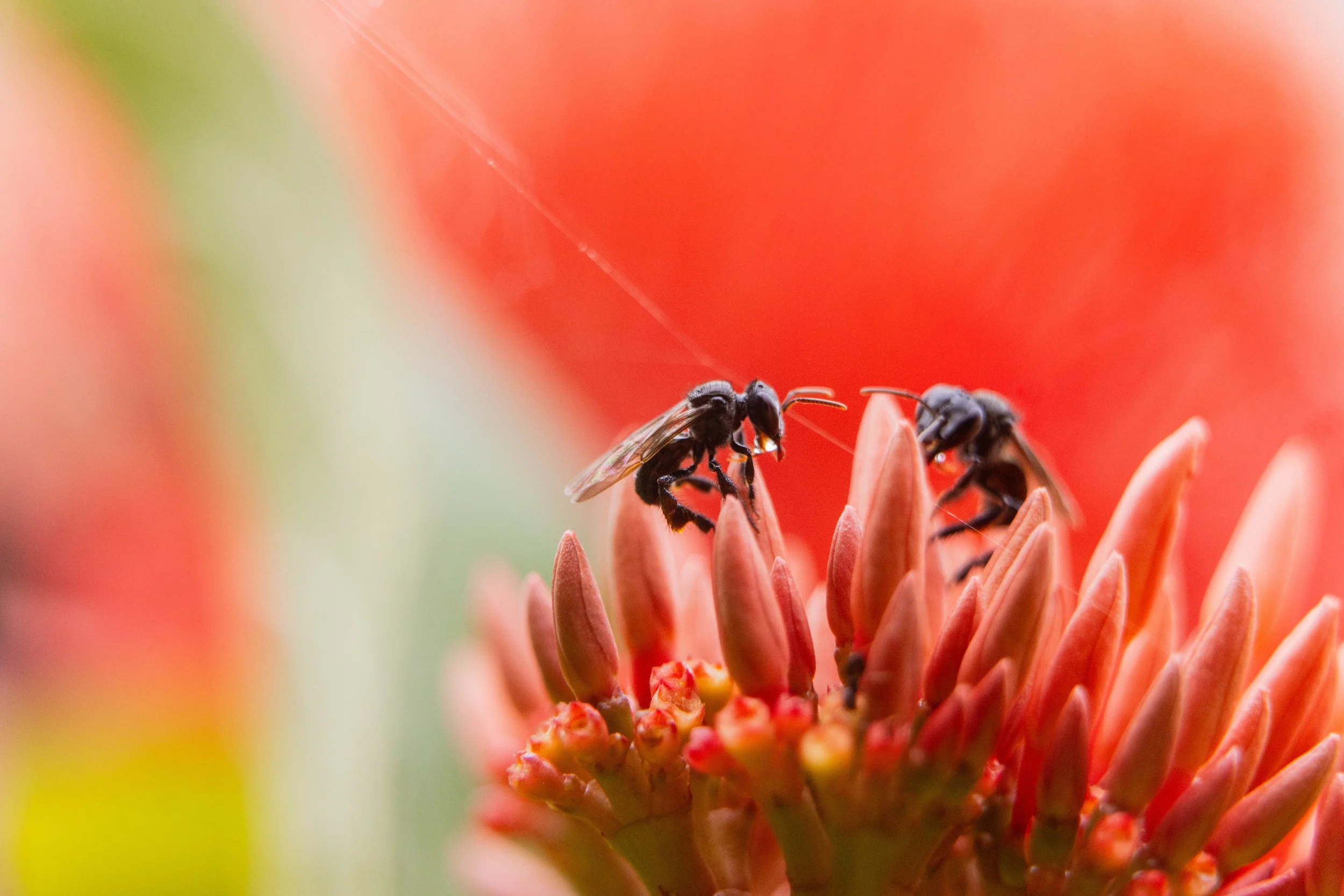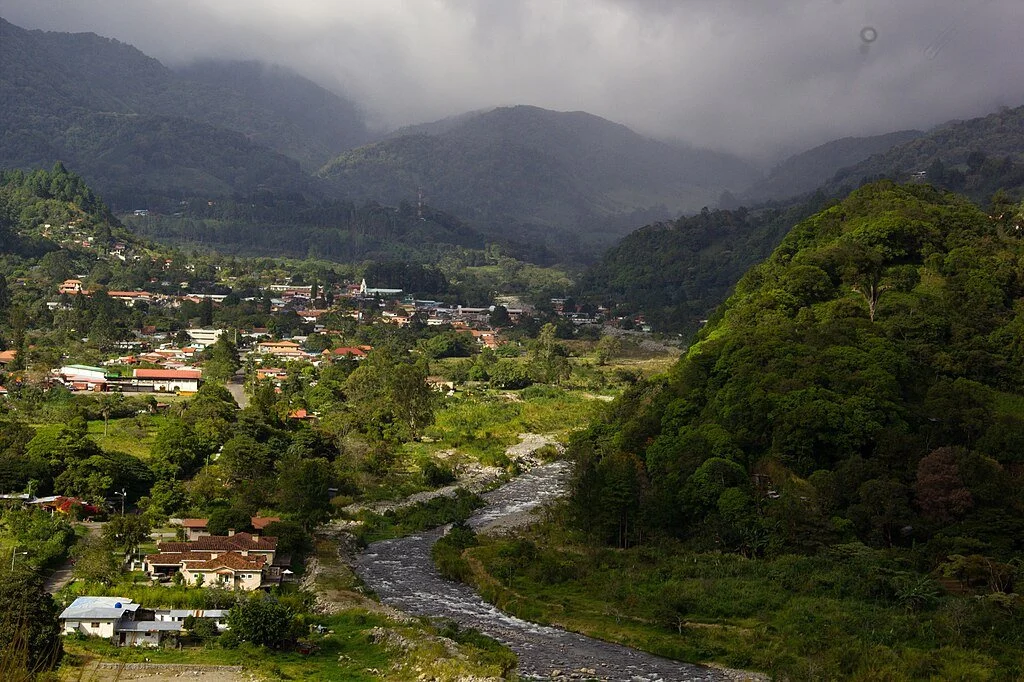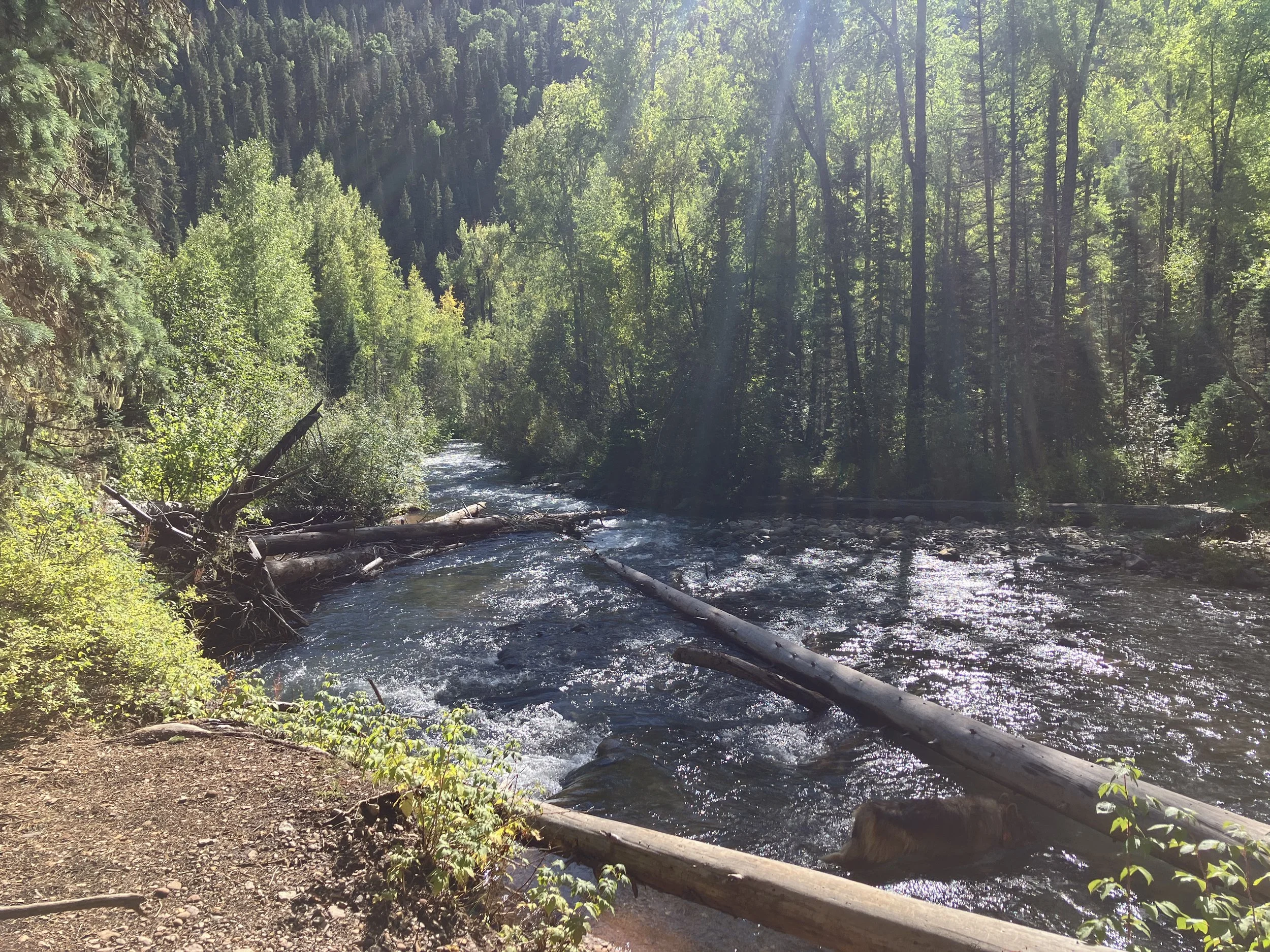
LATEST PRESS RELEASES FROM ELC
Explore Breaking News
In an unprecedented legal development, the Provincial Municipality of Satipo, Peru has approved Municipal Ordinance No. 33-2025-CM/MPS, which grants legal rights to native stingless bees within the Avireri VRAEM Biosphere Reserve. These insects—the oldest bee species on the planet, and which are responsible for pollinating over 80% of Amazonian flora, including globally cherished crops like coffee, chocolate, avocados, and blueberries—are now formally recognized as beings with inherent rights. This is the first formal recognition of rights for an insect in history, a revolutionary step in protecting Peru’s biodiversity and biocultural heritage.
En un precedente sin equivalentes a nivel mundial, la Municipalidad Provincial de Satipo aprobó la Ordenanza Municipal N° 33-2025-CM/MPS, que otorga derechos legales a las abejas nativas sin aguijón dentro de la Reserva de Biosfera Avireri VRAEM. Estos insectos —la especie de abeja más antigua del planeta y responsables de polinizar más del 80% de la flora amazónica, incluidas cosechas apreciadas a nivel mundial como el café, el chocolate, los aguacates y los arándanos— son ahora reconocidos formalmente como seres con derechos inherentes. Se trata del primer reconocimiento formal de derechos a un insecto en la historia, un avance revolucionario en la protección de la biodiversidad y del patrimonio biocultural del Perú.
Panama’s Law 287, a national Rights of Nature law that received technical and scientific support from Earth Law Center, The Leatherback Project, and other organizations, is among the 8 winners of this year’s World Future Policy Award. The law, passed in 2022, incorporates Nature’s rights to exist, persist, and regenerate its life cycles; to timely and effective restoration; and to the preservation of its water cycles. The award, chosen out of 41 nominations from 21 countries, positions Panama at the forefront of the Rights of Nature movement. It validates the country's pioneering approach and encourages other nations to follow this path, strengthening a global legal movement that seeks to redefine our relationship with the natural world for future generations. The winning policies for 2025 set new global benchmarks by showing how legal systems can be transformed into future-just frameworks – and thereby contributing to the well-being of all living beings on Earth, as well as future generations.
La Ley 287 de Panamá entre las ganadoras: Las ocho políticas ganadoras de este año establecen nuevos puntos de referencia a nivel mundial al mostrar cómo los sistemas jurídicos pueden transformarse en marcos equitativos para el futuro, contribuyendo así al bienestar de todos los seres vivos de la Tierra y a las Generaciones Futuras.
Panama’s Law 287 on the Rights of Nature has been named one of the 13 finalists for the World Future Policy Award 2025. Through this law, Panama became only the third country in Latin America to legislatively recognize the Rights of Nature and its intrinsic value through Law 287, granting Nature the legal rights to exist, regenerate, and thrive. The World Future Policy Award (WFPA), established in 2009, is the world’s leading prize for policy solutions. Earth Law Center is honored to have supported the development of this transformative law, a testament to Panama’s global leadership and to the growing movement toward a future where humanity and Nature thrive together.
The Rights of Nature and ecocentric law-related motions are heading to the IUCN World Conservation Congress from October 9 to 15, 2025 — a crucial international event held once every four years. After completing the online discussion period, the IUCN Motions Working Group has referred a motion drafted by Earth Law Center, Motion 067: “Living in harmony with rivers through the rights of nature and ecocentric law,” and other ecocentric law-related motions to the Members’ Assembly for live debate and vote during the Congress.
During the 2025 Climate Week NYC, Earth Law Center will host a live reading of the 1,000 year old story “The Animals’ Lawsuit Against Humanity” at the Five Angels Theater. The play, which follows a group of animals who take humans to court for their poor treatment, alludes to the work of Earth Law Center and the broader Rights of Nature movement in ingraining the rights of animals and other natural entities into law.
Header Photo: Unsplash / Jeremy Bishop





